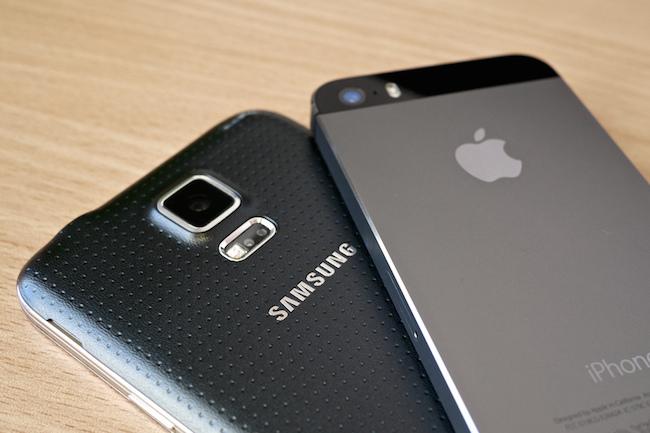
Samsung may have agreed to the $548 million settlement, but the company argues that the verdict finding infringement was incorrect since the jury wasn’t properly informed about how design patents should be understood, an argument that can be seen as a common issue in patent cases. In addition, Samsung doesn’t agree with how design patent damages are calculated, contending that in a patent infringement case, the victimized company should not be permitted to recoup all the money the offending company made on the affected products, where the patents at issue comprised only a portion of those products.
“Samsung is escalating this case because it believes that the way the laws were interpreted is not in line with modern times,” said Samsung. “If the current legal precedent stands, it could diminish innovation, stifle competition, pave the way for design patent troll litigation, and negatively impact the economy and consumers.”
Just because Samsung escalated its patent case with Apple to the Supreme Court doesn’t mean the company will get its way, however, as the justices in the United States’ highest court can choose not to move forward with the case. If the justices decide to do so, however, Samsung and Apple will each file briefs on the merits of the case, and be given 30 minutes to make oral arguments.
Even if the Supreme Court doesn’t move forward with the patent dispute, Samsung and Apple will still meet in court sometime next year to talk about an additional $382 million in packaging materials. In addition, the U.S. Patent and Trademark Office (USPTO) is investigating some of the design patents at the center of the case and will determine whether they are valid or not, a decision that could affect Apple’s chances of truly coming out victorious in the dispute.
Editors' Recommendations
- The OnePlus 12 has one big advantage over Samsung and Apple
- This is the one product I don’t want Samsung to launch in 2024
- I did a Pixel 7a camera test — and it’s bad news for Samsung
- I don’t want Apple to announce its VR headset
- My iPhone 14 Pro camera is ruined, and it’s all Apple’s fault


